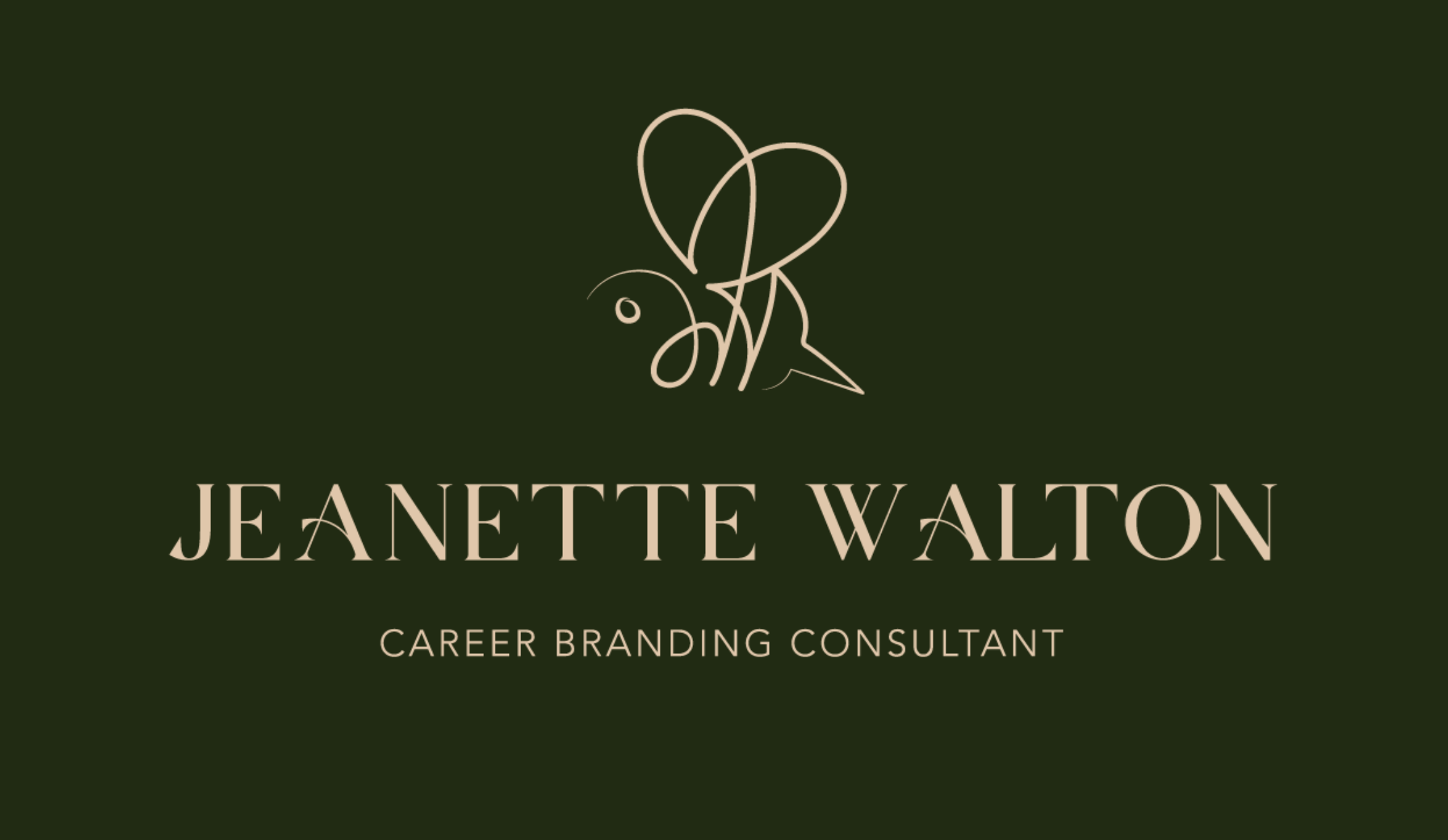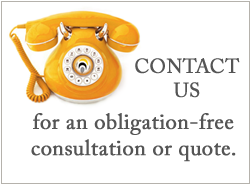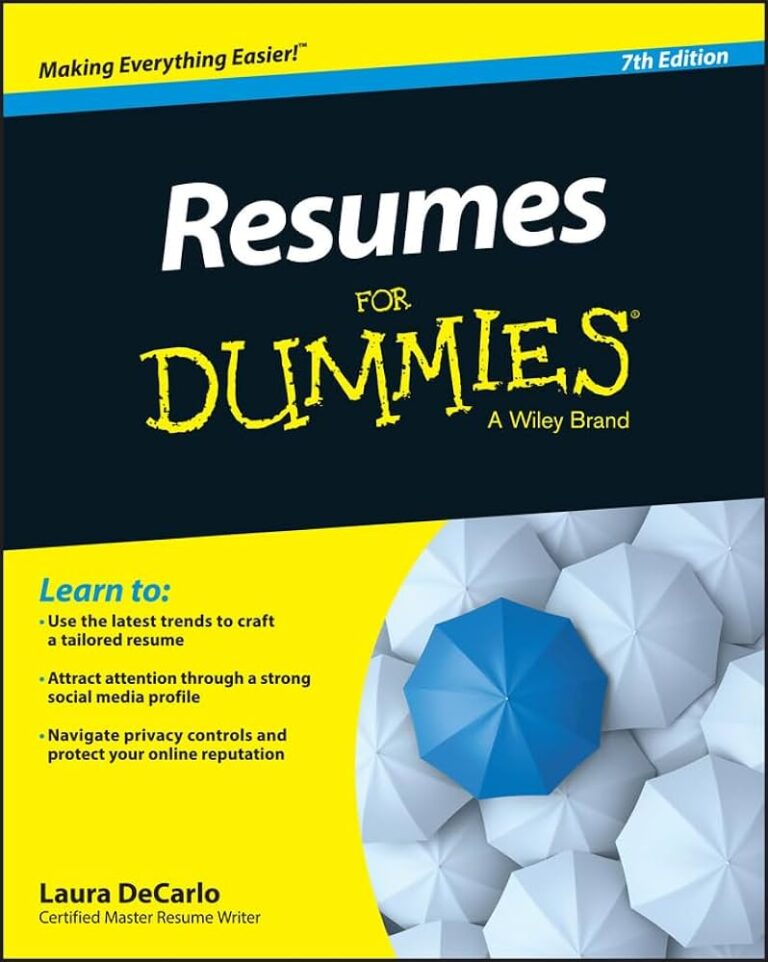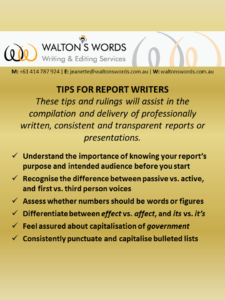Altering your career path can no doubt appear daunting and feel overwhelming. Particularly if you think you’ll have to start all over again. The prospect of dropping back to junior level doesn’t seem that ‘sexy’ in the scheme of positive life changes. Yet undertaking a career change might not be as dramatic as you think.
There are so many roles out there where the same or similar core professional strengths are required. You may not have to refine and/or redevelop as much of your skillset as you think. Okay you’re not likely to switch from call centre manager to heart surgeon, but within reason, that fresh job opportunity may be more in touch than realise.
“Believe you can and you’re halfway there.” (Theodore Roosevelt)
Do some research on the type of work you want to transition into, including job ads and position descriptions. Consider what the most common specifications are, and whether any of these have already been applied in your career. For example, based on my own experience as a career documentation writer, the following are five skills I’ve commonly identified as relevant to many professional roles:
- Communications
Strong, engaging and impactful verbal and written communication skills are important in just about any job type. Think about instances where you’ve had to use your communications to persuade, inform, motivate and/or reassure, and highlight these in your resume, cover letter and other relevant career documentation.
- Teamwork (incl. leadership)
Another essential skill in the majority of jobs is an ability to work constructively with others. There are very few roles where you’d work in complete isolation, so a proven ability to cooperate and collaborate with colleagues and other stakeholders (including external) will rate highly in your job application. This could also include strengths in leading and guiding others as a hands-on team leader.
- Customer service
In addition to external end customers, keep in mind that ‘customer’ can mean internal staff including senior management that you are providing service and support to. Consider career examples that show your commitment to ensuring customer satisfaction, including in alignment with their needs and expectations as well as broader company targets, strategies and objectives.
- Project management
You don’t have to be an official ‘project manager’ to have experience in completing projects. For instance, are there tasks and responsibilities that you’ve undertaken to help improve internal systems and/or processes? Think about any specific deliverables that you’ve achieved in you role/s, and highlight these.
- Regulatory compliance
Most companies have core missions and philosophies that they expect their staff to adhere to. And many of these companies are also obligated to align with wider industry standards. Think of situations where you’ve had to comply with such values, regulations and/or directives, and how you ensured that you upheld these.
“The only way to do great work is to love what you do. If you haven’t found it yet, keep looking. Don’t settle.” (Steve Jobs)
Did you quickly come up with some valid job examples based on the above list of common skills? When making a career transition, don’t underestimate the benefits your existing and/or former positions can add to your next career stage. Think big and aim high, and work positively towards meeting your professional ambitions.
_____________________________________________________________
Walton’s Words has written a wide variety of career advancement documentation that accommodates applicant tracking and keyword optimisation systems. We understand how they tick and can ensure that your resume, cover letter and/or LinkedIn profile are engaging and eye-catching. Give us a call or drop us a line if you’d like to discuss your career documentation needs further.




